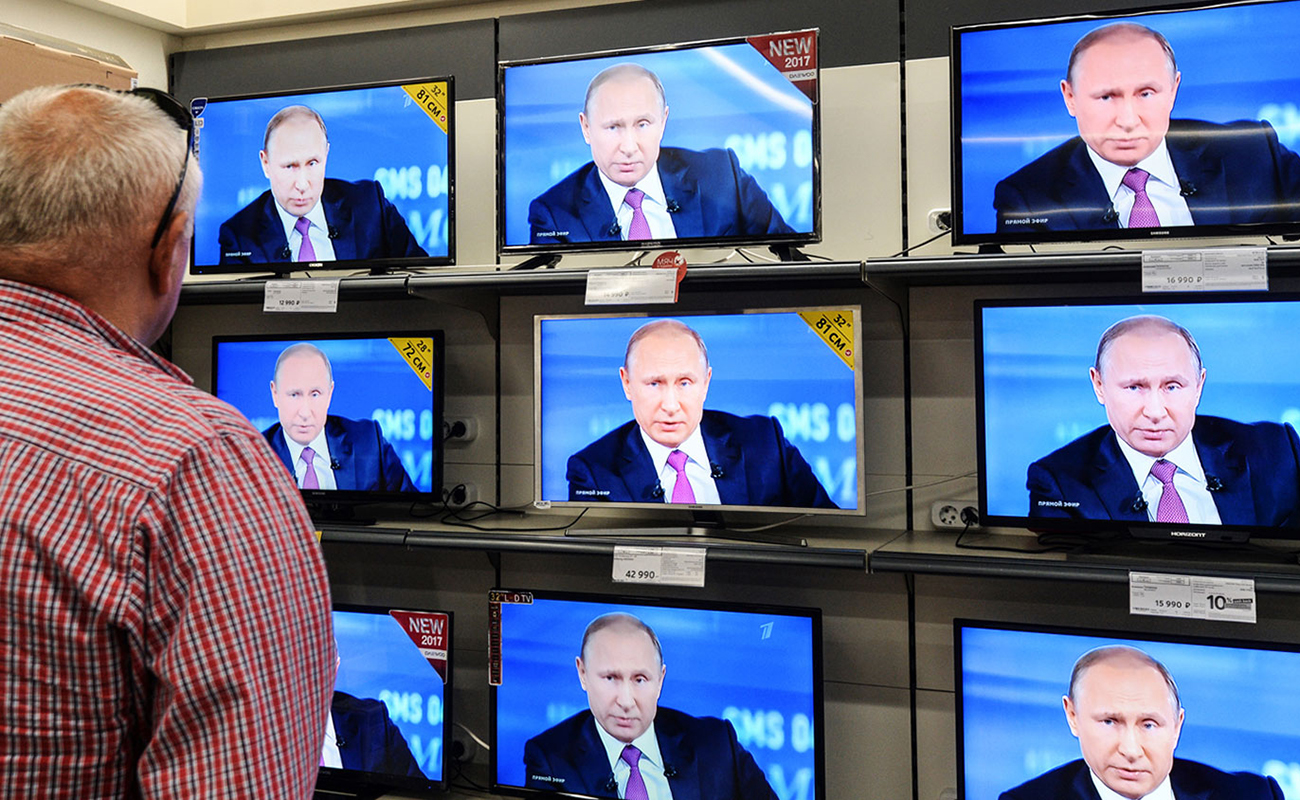The modern world is facing challenges that just a few decades ago seemed like science fiction. In particular, the chief diplomat of the European Union, Kaja Kallas, has highlighted how Russia is using new technologies to influence elections in other countries. This challenge threatens democratic institutions, trust in the electoral process, and ultimately, the very idea of democracy.
How Does Russia Influence Elections?
According to Kallas, Russia has learned to manipulate elections using advanced technologies, especially in the digital sphere. Examples of such interference have been observed in Romania and other European countries. The Kremlin actively employs hacker attacks, disinformation campaigns, social media, and even artificial intelligence to shape public opinion.
These methods not only allow influencing voters but also creating chaos in the media space. The spread of fake news and manipulations has become a powerful tool that destabilizes the political system and undermines trust in the official election results.
Why Traditional Methods of Assessing Election Integrity No Longer Work?
Kallas emphasized that current approaches to assessing elections do not take into account the impact of new technologies. For example, international observers still mainly focus on physical control of voting and ballot counting procedures. Meanwhile, manipulations occur much earlier — in the virtual space, where it is difficult to trace sources and the extent of influence.
Particular threat comes from technologies that allow changing voters’ behavior. By analyzing big data, algorithms can precisely identify weak spots in society and craft messages for each population group. This not only alters electoral moods but also erodes trust in democratic processes.
Impact on Democracy: Expert Opinion
Experts point out that in the era of digital technologies, democracy becomes more vulnerable than ever before. Democratic societies are built on trust, but when this trust is undermined, the question arises: can elections be considered legitimate?
The danger lies in the fact that modern technologies of influence are subtle yet extremely effective. They allow influencing people’s consciousness without them even realizing it. This may include:
- manipulating information flows;
- creating fake accounts to spread disinformation;
- using artificial intelligence for automated propaganda.
How to Protect Yourself?
Kallas and many other leaders believe that it is necessary to review approaches to assessing elections and implement new technological standards of protection. Possible solutions include:
- developing international rules to control the impact of digital technologies on elections;
- cooperation between states in the field of cybersecurity;
- establishing a system to monitor social media during electoral campaigns.
Furthermore, raising the level of media literacy among the population is important. People need to learn how to recognize misinformation and critically evaluate the information they receive.
Conclusion
The use of new technologies to influence elections has become a serious challenge for democracies worldwide. Today, more than ever, it is crucial to create mechanisms to protect against such interventions. This is not just a matter of election integrity, but also the survival of democracy itself in the era of digital manipulation.
European leaders call for decisive actions, but whether they will be able to adapt to new threats remains to be seen.


